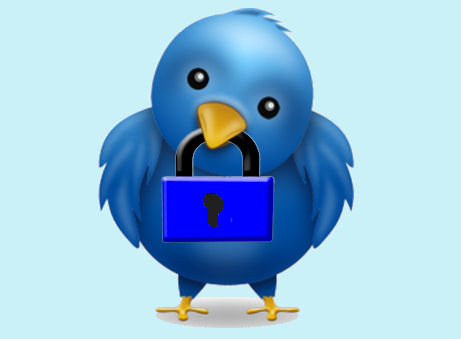Twitter has implemented a new technology that should help prevent users from giving away their passwords via email, following a string of notable account hacks this month.
The micro-blogging giant said it was to counter phishing by rolling out a technology called DMARC (Domain-based Message Authentication, Reporting & Conformance), a technical specification designed to prove emails are sent by the party they are claiming to be.
“Without getting too technical, DMARC solves a couple of long-standing operational, deployment, and reporting issues related to email authentication protocols,” Twitter’s Josh Aberant said in a blog post today.
Better Twitter security
 “It builds on established authentication protocols (DKIM and SPF) to give email providers a way to block email from forged domains popping up in inboxes. And that in turn lessens the risk users face of mistakenly giving away personal information.
“It builds on established authentication protocols (DKIM and SPF) to give email providers a way to block email from forged domains popping up in inboxes. And that in turn lessens the risk users face of mistakenly giving away personal information.
“While this protocol is young, it has already gained significant traction in the email community with all four major email providers – AOL, Gmail, Hotmail/Outlook, and Yahoo! Mail – already on board, rejecting forged emails. We hope to see it gain more coverage for our users as even more email providers adopt it.”
Yet more prominent Twitter accounts have been hacked this week, with hacktivist group Anonymous the latest victim.
A group calling itself Rustle League claimed responsibility for hitting the @Anon_Central account, which is followed by 160,000 Twitter members. A message on the Anonymous account from a matter of hours ago read: “It would be fun to watch some reaction faces from rustle league crew.”
The hack comes after Twitter admitted to a breach of its network, which led to 250,000 logins being reset, and after a host of famous names had their accounts compromised.
That group includes Top Gear presenter Jeremy Clarkson, who threatened to find the perpetrators. “Unlike some people, I WILL find who hacked my account. And I will visit them,” he tweeted.
Jeep was also hit by a Twitter hack, as was Burger King, which had its logo changed to McDonalds and tweets posted on its feed saying it had been sold to its rival.
Twitter has also been getting vocal on the education front, telling users to be more careful and pick stronger passwords.
Are you a security expert? Try our quiz!





